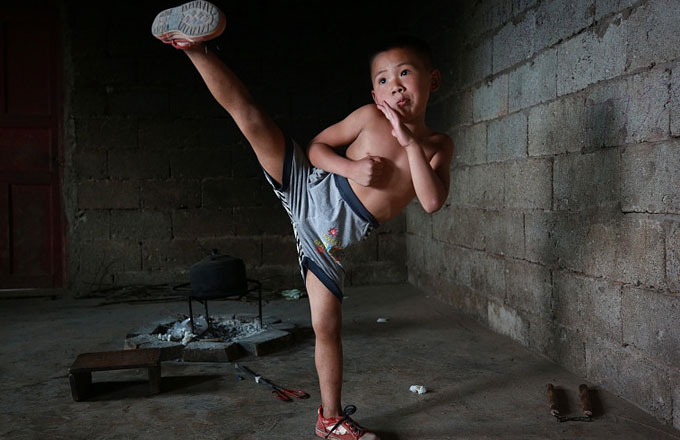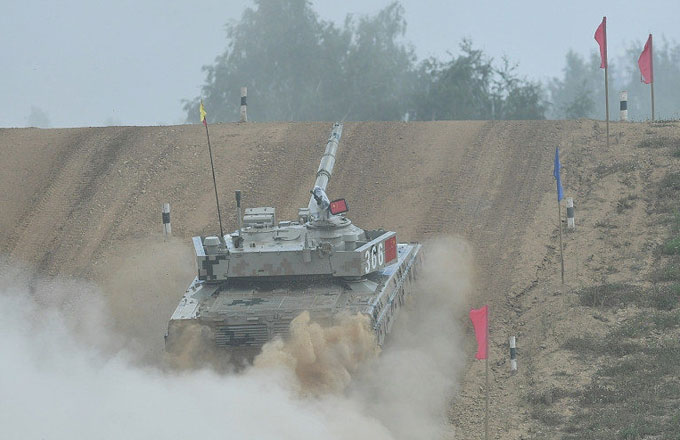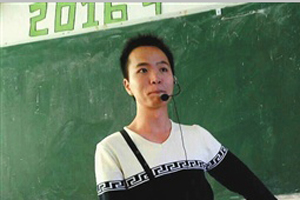Son of Flying Tiger takes on senior care in China
HANGZHOU - Mark Spitalnik, a US lawyer, has always had a special affection for China.
When he came to China 19 years ago, he brought an air force uniform and a veteran's medal of honor.
They belonged to his father, who had been a soldier in the United States. "Flying Tigers" air squadron helped the Chinese fight the Japanese aggressors during World War II.
Spitalnik's father often recalled his army days in China, which left a strong impression on him.
"I never intentionally set my mind to stay and live in China, but I just stayed," Spitalnik said with a smile.
He came to China in 1998 as a lawyer specializing in medical disputes and has learned a lot about China's health care industry.
"It surprised me that the hospitals in China were often full of patients with chronic diseases such as dementia and physical disabilities. Hospital resources should focus more on patients with acute diseases," said Spitalnik.
Chronic disease care is demanding, and hospitals are not the best choice for these patients, he said.
Spitalnik has opened a senior nursing institution in Hangzhou, capital of east China's Zhejiang Province. As China becomes an aging society, there is huge demand for nursing services for the elderly.
As of the end of 2016, the number of seniors aged over 60 in China had reached around 230.8 million, accounting for 16.7 percent of the total population, official data showed.
Spitalnik decided to offer more advanced and professional care services for wealthier people.
From the outside, the institution looks more like a vacation villa than a nursing home. With advanced equipment and professional service, the mental and physical health of the elderly living there will be improved, said Chai Haiyan, Spitalnik's wife and partner. Each patient is cared for by about 2.5 nursing employees on average.
Spitalnik has also noticed differences in the psychology of elderly people in China compared to those in the United States.
"In the United States, people over 75 do not consider themselves old, such as my mother," he said. "While in China, they think they are rather old, and this will affect the way we treat them," he said.
He acknowledges that his nursing home, which can accommodate up to 64 patients, targets only high-income people.
"As for the vast majority of the elderly population, it should be the government's duty. The government should develop a better social welfare system," Spitalnik said.


























